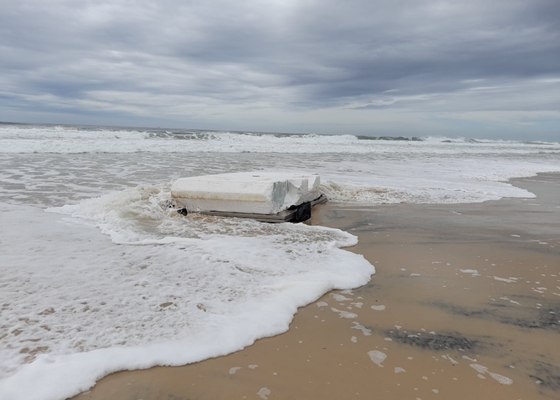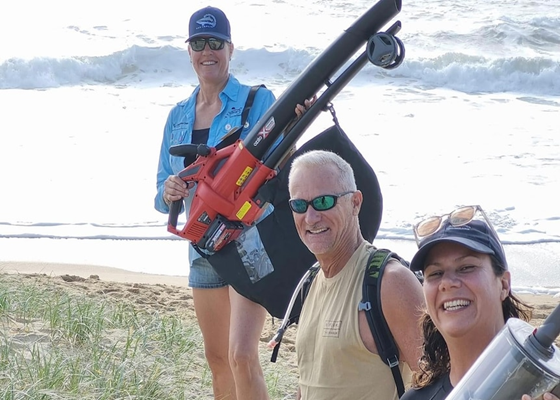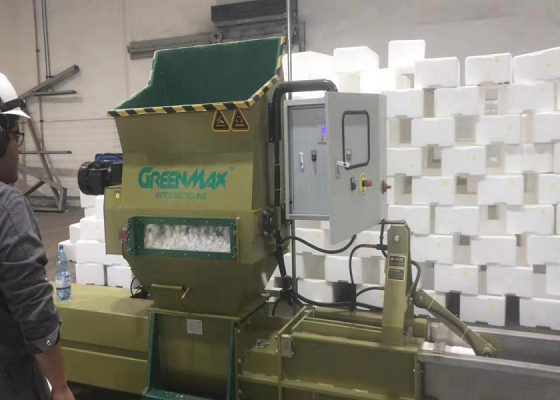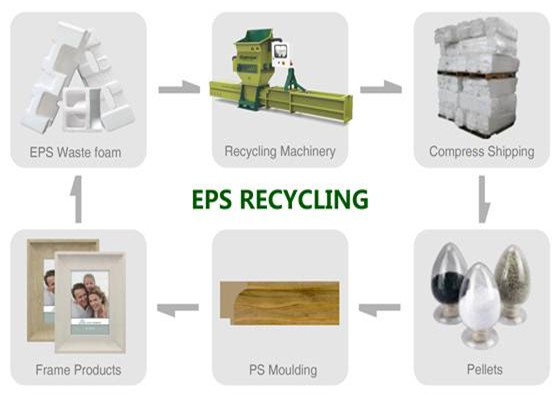A new environmental disaster is emerging from the Queensland floods, with locals dubbing the thousands of tiny polystyrene beads covering the coastlines as the “white spill”. Pontoons from the Brisbane River have floated off north of their moorings and are breaking up along 300 kilometers of beaches, from Moreton Island north-east of Brisbane to K’Gari Fraser Island.
The pontoon on the sea contains large pieces of polystyrene. When it breaks due to some natural factors, it will float in the sea to form white marine debris. After being blown by the wind and pecked by birds, and even polystyrene beads that floated around with the waves and eventually washed ashore.
Ms. Anderson said the vacuums had been extremely effective in gathering particles when used with care. Noosa Council is also using a large industrial-scale vacuum operated by charity Ocean Crusaders to try to gather as many small polystyrene parts as possible. Australian-related organizations even recruit volunteers to use vacuum cleaners to help collect these annoying polystyrene beads and organize scientific research teams to study efficient collection techniques as soon as possible. However, the more troubling question arises, what to do with these polystyrene wastes after they are collected?
The collected polystyrene waste needs to be dealt with urgently, otherwise, it will cause secondary pollution, and the polystyrene beads flowing into the lake and sea will threaten animals and even the entire biological chain. GREENMAX proposes a feasible recycling method, using polystyrene compactors can not only solve these white pollutions but also realize resource reuse.
GREENMAX polystyrene compactor is a polystyrene recycling equipment produced by Intco Recycling Company. GREENMAX is a brand of Intco Recycling. The polystyrene compactor can crush the loose polystyrene into a suitable size first, and then enter the compression device through the crushing bin. The polystyrene compactor adopts the physical compression method and uses twin-screw technology to compress the originally expanded polystyrene into one-fiftieth of the original volume, and then dense polystyrene blocks will be obtained. The polystyrene waste processed by the polystyrene compactor is not easy to loosen, and it also saves a lot of freight and makes the storage warehouse look clean and orderly.
Whether it’s polystyrene from broken pontoons, polystyrene buoys are also a source of white pollution in water. In Chile, there is a company called Full Pack that has been recycling and processing polystyrene buoys on the seaside for 5 years, helping local governments and environmentalists to reduce marine garbage pollution. When they didn’t know what to do with the polystyrene buoys on the sea, they asked GREENMAX for help. Under the suggestion of GREENMAX, the use of polystyrene compactors successfully solved the buoy recycling problem and completed the resource utilization. The company sells compressed polystyrene to GREENMAX, which we use to make eco-friendly framing bars that help eliminate white pollution.


